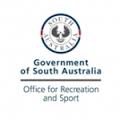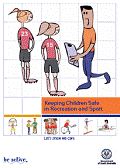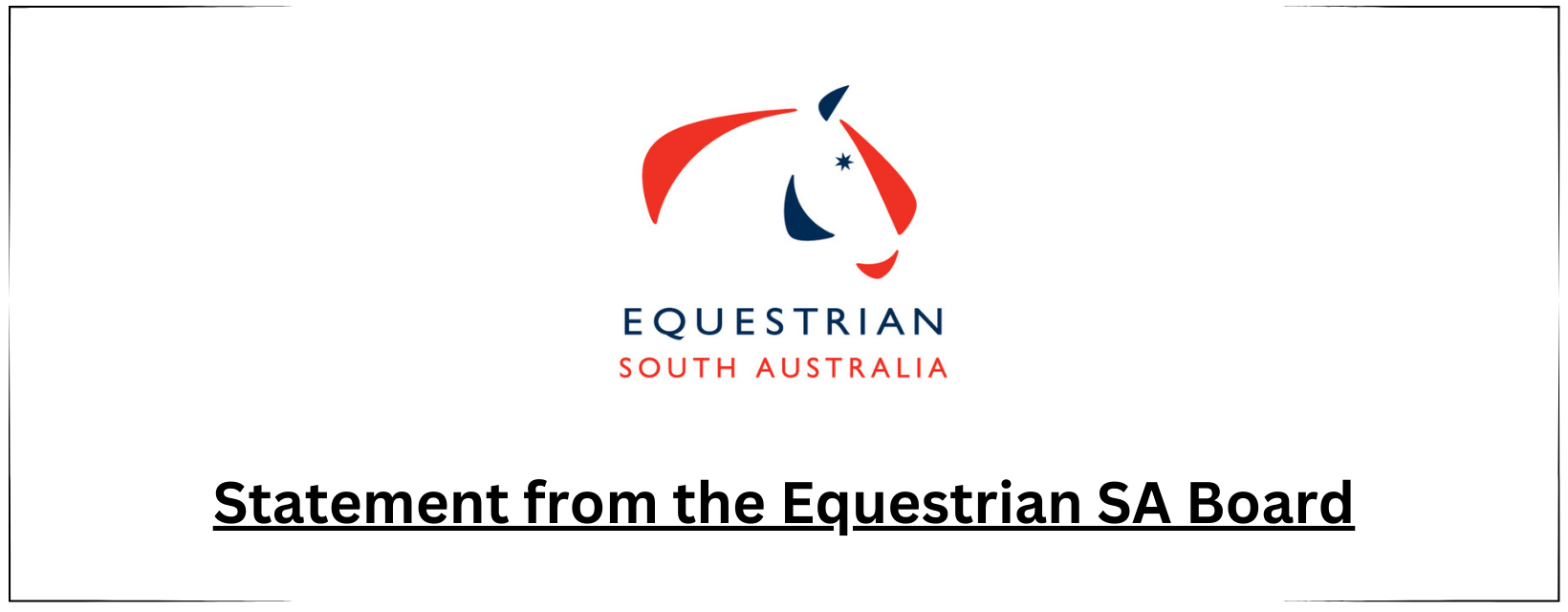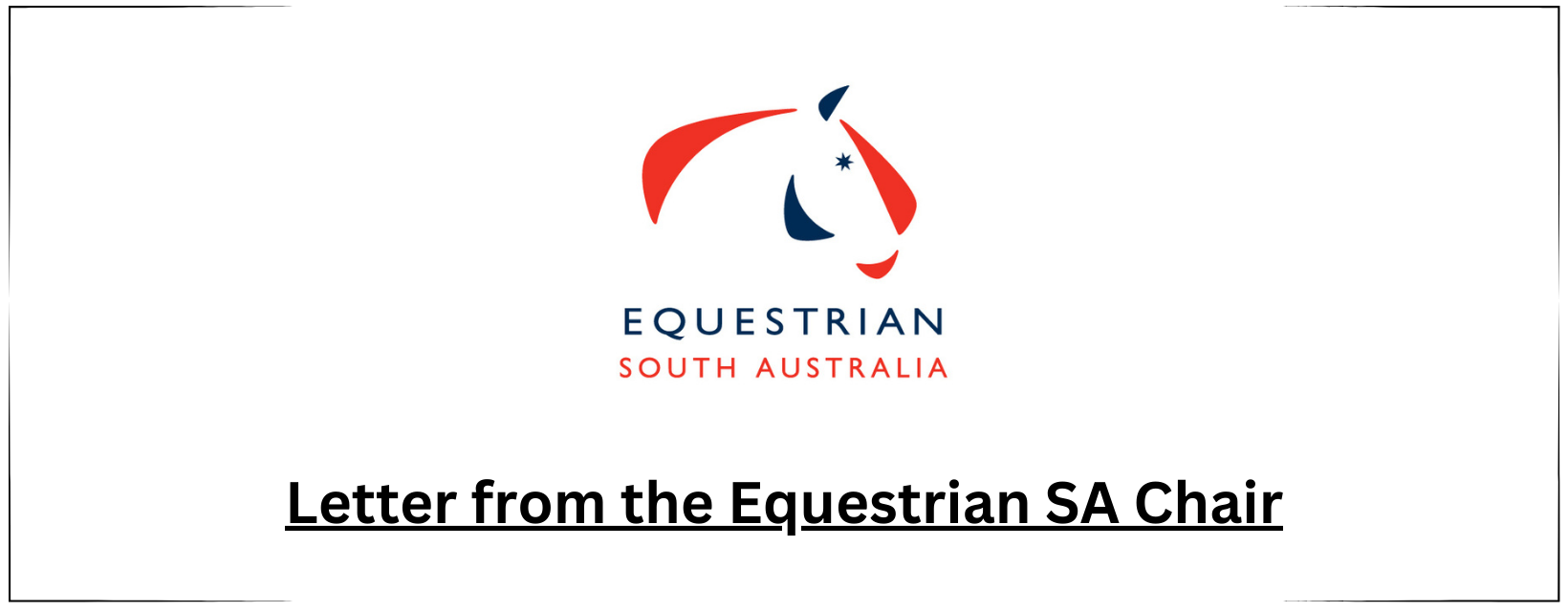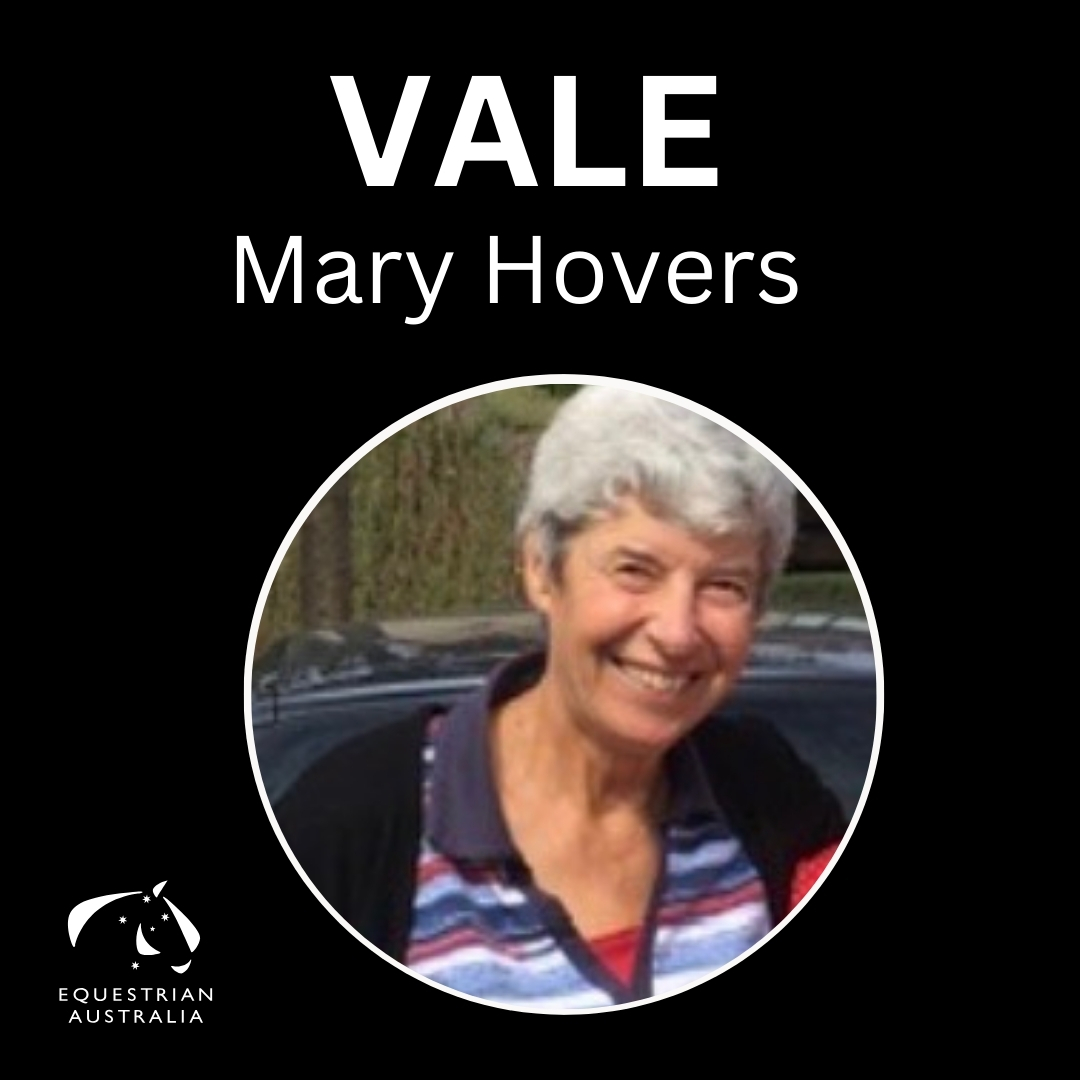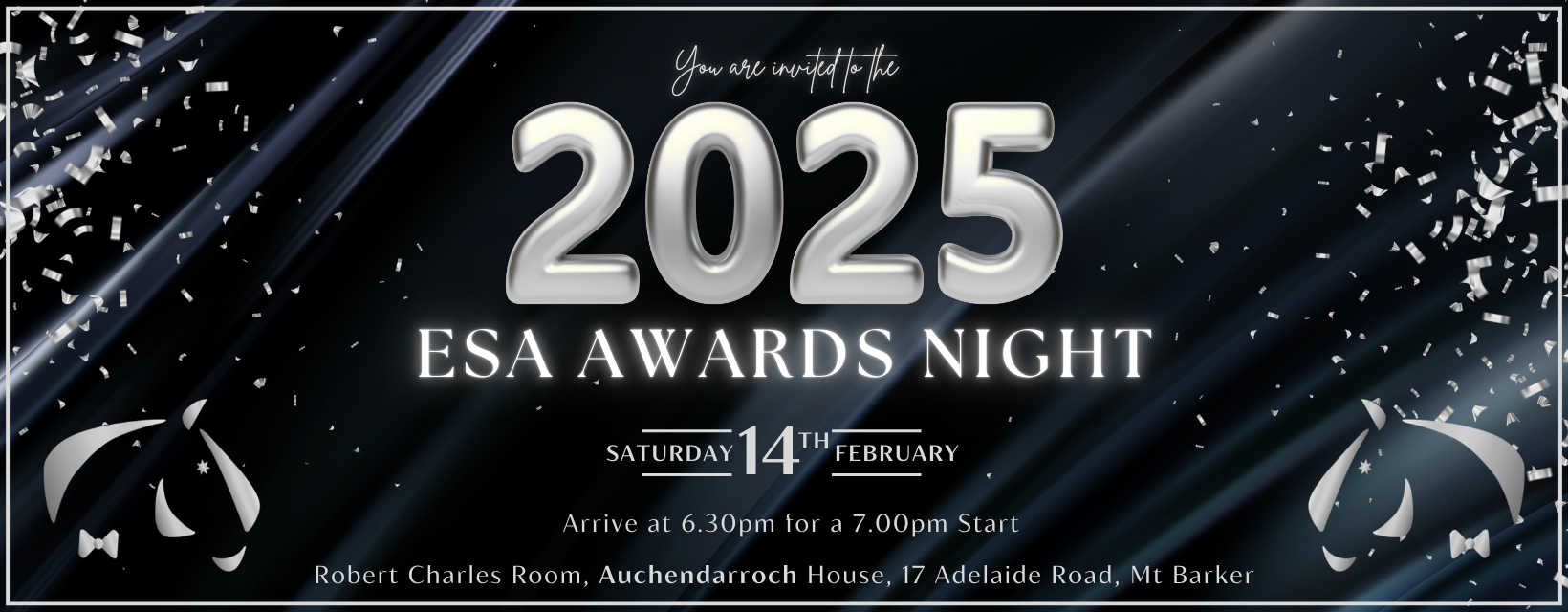From the Equestrian South Australia Board - EA Voluntary Administration and the Proposed way Forward
Background
On 9 June 2020 Equestrian Australia announced that it had gone into Voluntary Administration, taking us all by surprise. Equestrian Australia provided the Chairs of State branches with approximately 30 minutes warning, leaving them little time to advise staff, board, or committee members. We estimate the total cost of the Administration process could come close to $500,000.
According to the announcement, the decision was made following the withdrawal of funding by Sports Australia, which put Equestrian Australia at risk of insolvency. Questions relating to the withdrawal of funds by Sports Australia, and the reasons that the four remaining directors believed Equestrian Australia to have been at risk of insolvency have overall gone unanswered by the Administrators. In addition, the states, as major stakeholders were not consulted prior to the decision, except to be asked to underwrite the insurance bill. Equestrian Australia was not forthcoming about the issues they foresaw, which meant that the branches were unable to provide any kind of assistance.
The four directors of Equestrian Australia have been actively promoting their position and rationale via a dedicated website and social media.
There is more to the story.
In 2018 all six state branches did a significant body of work in trying to engage with Equestrian Australia and agreeing roles and responsibilities for governance reform, but were unable to do so because Equestrian Australia wouldn’t release costing details for the proper analysis to be done. Tasmania, for years, has been a vocal advocate for change to bring modern governance to Equestrian Australia.
Representatives of the Equestrian Australia board attended State board meetings throughout 2019. As far as we are aware, the meetings were looking forward towards a better sport, and ideas and issues were raised by all states. At the meeting in South Australia, the discussion focussed on our concerns with the structure and bulk of resources being channelled to too few riders. We were concerned that ‘the product’ was not appealing to many.
At a board meeting in Tasmania, EA Directors were told of the need to reform the governance of Equestrian Australia, and several models were discussed (though not the “one member one vote” model).
At the last strategic objectives meeting in which all states participated, reform was put forward as the fourth fundamental objective. Equestrian Australia did not support a proposal by Tasmania that it be the first objective.
In 2019, Equestrian SA underwent a significant Governance Review and has been implementing the recommendations of the resulting report. Most significantly, we have benefitted greatly from the expertise and experience of our Independent Chair, Mr Stephen Ludlam. Had any one of the four remaining directors made an approach to Equestrian SA, they would have been advised that SA supports the process to achieve necessary governance reform.
Under the most recent Chair of EA, South Australia had high hopes that the conflict within Equestrian Australia would be a thing of the past. As a board we were dismayed when that Chair resigned, and the reasons for it.
EA Directors and KordaMentha
Much has been said by the remaining four directors about a meeting the states had with the Australian Sports Commission. The meeting was an informal discussion about options for governance reform. The Equestrian Australia directors have misrepresented this and we query, why?
As members, you were told that the company was placed into Administration because it was in danger of becoming insolvent.
Equestrian Australia was concerned about a reduction in membership fees due to Covid-19. Prior to entering Voluntary Administration, the national body advised the states that they would ‘share the pain’ if any of the states determined to reduce their membership fees. Indeed, one of the first acts of the Administrators was to reduce the administration levies charged to branches – in our opinion, this is hardly the action you would take if you were concerned about insolvency.
Insurance was also alluded to as a reason to call in administrators. Following the announcement of the Administration, the states resolved to work together with Gow Gates to provide insurance for its members. In working together, the states were advised that Gow Gates had presented renewal terms to Equestrian Australia on 15 May 2020, which were ready to bind at that time. Gow Gates offered the branches discounts that would result in a 19% reduction in the insurance premium for the 20/21 year, when compared with 19/20.
In the Second Meeting of Creditors, the Administrators announced that KordaMentha had “been able to re-engage Gow Gates”. In fact, the states had already re-engaged Gow Gates.
As many of you would now be aware, at the Second Meeting of Creditors on Tuesday 14 July, the State Branches Deed of Company Arrangement (DOCA) was voted down and the KordaMentha DOCA was passed by majority vote. In passing this DOCA, the creditors are essentially voting in favour of the “one member, one vote” model.
In advocating for a one member, one vote model of governance, KordaMentha have implied that this is the favoured position of the FEI and other key stakeholders. In fact, the FEI have made no such assertion and have advised in writing that they have no preference for any one model. We believe that no other National Federation affiliated with the FEI has a “one member one vote” voting model.
As part of this constitutional change, KordaMentha will:
- Propose that all financial members of a state branch can vote at a national level to change the constitution
- Propose a quorum of just 50 members, which equates to less than 1% of the total membership across Australia. This marginal quorum will not give more members a vote, but it might expose EA to the personal agenda of disaffected minorities
- Select a new Board without the involvement of State Branches.
As previously stated, Equestrian SA support governance reform. We do not think however, that sustainable reform can be achieved with such a rushed timetable and minimal engagement of all stakeholders.
While on the face of it, one member, one vote appears to be a democratic way to carry on business, we are concerned that a small proportion of EA Members who have a loud voice will drown out your voices. A good illustration of this is the fact that more than 90% of Tasmanians voted against the DOCA put forward by KordaMentha, and yet all the talk has been about the ‘overwhelming’ support for that DOCA. With the two biggest states having around 12,000 members between them, our concern is that SA and the other smaller states’ voices will be lost or ignored.
We are concerned about the voices that were not heard. All voices must be heard, but may not be in the future.
As with the other States we worked with to put forward a DOCA, we believe that reform is about more than just a change in voting mechanism - it is about the cultural framework of the organisation. Good reform should begin with integrity and an equal application of the rules, so that it is equitable for all members.
The actions of Equestrian Australia and KordaMentha contravene a legally binding Memorandum of Understanding (MoU) between the national body and state branches. The MoU outlines the responsibilities of all parties and plays a role in protecting the smaller states. If we ignore this, what kind of precedent do we set? Should a larger state not agree with something in the future, what will stop them using this as a precedent and pushing through with changes that adversely affect smaller states?
The Administrator’s DOCA allows for KordaMentha to appoint a board nominations committee responsible for appointing an interim board. Members do not have a say in the nominations committee appointment, and only candidates that get through the nominations committee will be eligible to be considered for transitional board roles. Who is advising KordaMentha? We ask because we do not know.
ESA’s View
How will South Australia and the smaller states gain comfort that the appointments will represent all riders and not just those who can give them the most votes (the larger states)? We are genuinely concerned that it will be Sports Australia, with no background in equestrian sports, who will be running the sport for years to come.
The board of Equestrian SA is committed to member and stakeholder engagement to make sure that the Australian equestrian community develop the model that is right for our circumstances and geographical environment, rather than have a model from another country or another sport forced on us. Respect needs to be given to our sport and members, to consider the positive and negative aspects of all models, to come up with one that represents equestrian in Australia and future proofs it for many years to come.
The board also believes that the administration is unnecessary and that it should be brought to an end immediately. We believe it was unnecessary because Equestrian Australia was solvent, and the cost of the Administration could well push Equestrian Australia into insolvency.
We would encourage you to read all the documents provided by KordaMentha carefully. As they say, the devil is often in the detail.
If you have questions – please ask. We, as a board are committed and fully aware that we represent you, our members. For this reason, we are asking that you inform us of your wishes. We want to get a true representation of SA, and not one that is potentially diluted by other states who hold larger membership numbers.
Your voice will determine how Equestrian SA votes at any future Special General Meeting.
Please email manager [at] equestriansa.com.au with any questions.
We remind you to please keep your questions and comments respectful. All Equestrian South Australian board members and discipline committee members are volunteers – we are not paid anything.
Regards,
Steve Ludlam, Independent Chair
Wendy Schaeffer, Vice Chair
Wayne Copping, Helen Coleiro, Nicole Kelly & Gayle Manning, Directors


